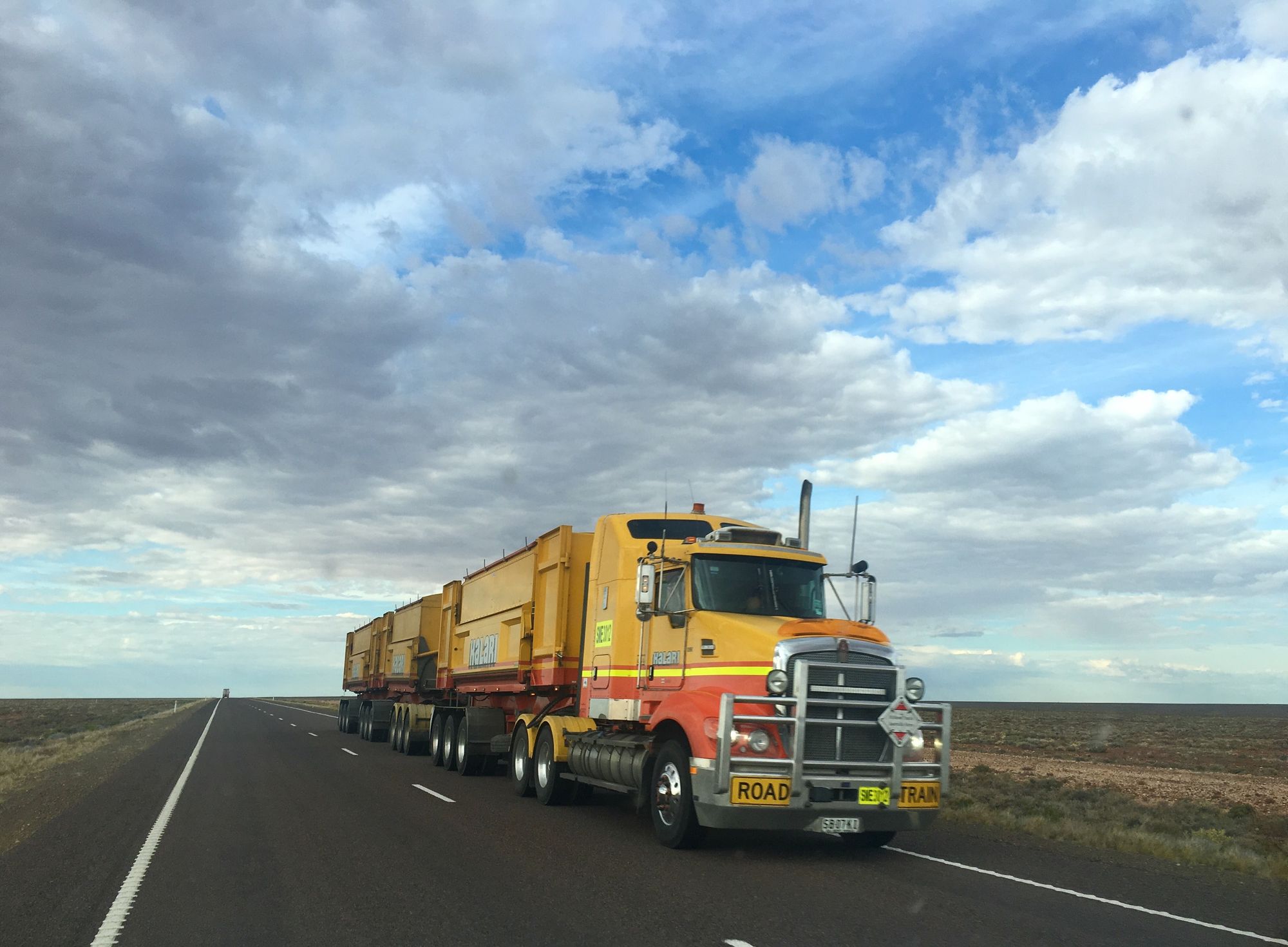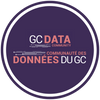Answering Policy Questions with Machine Learning: An Introduction – Transport Canada
The aim of the project was to use big data to conduct a due diligence study on the effect of weather conditions on Transport Canada’s methodology for the calculation of border wait times.

Transport Canada applies machine learning to investigate the quality and usability of transport data.
Contributors
Matthew Lesniak
Engineering project officer
Transport Canada
Aires Wang
Project Manager, Verification of Truck Border Wait Times
Transport Canada
Transcript
My name is Matthew Lesniak, I am an engineering project officer in the Transportation and Economic Analysis group at Transport Canada.
Every year, Transport Canada is mandated by the Canadian Parliament to provide an overview of major developments in the transportation sector.
As part of our mandate, we track the performance of Canada’s transportation network in the context of trade, including traffic mobility and truck wait times at the Canada-US border.
The Transportation and Economic Analysis group has acquired “big data”, which is conducive to machine learning techniques that can provide invaluable information on trade and its patterns.
In 2020, we have sought the expertise of Data-performers to assist us in the application of these advanced analytical tools.
The aim of the project was to use big data to conduct a due diligence study on the effect of weather conditions on Transport Canada’s methodology for the calculation of border wait times.
Data-performers have answered the formulated policy questions within the time limit and the budget.
My name is Aires Wang, I am from Data-performers and I am the project manager of the Verification of Truck Border Wait Times project.
There is valuable information hidden in the big dataset provided by Transport Canada, which reveals patterns and trends that can be used to answer the policy questions and support the decision-making process.
However, the quality and the usability of this original dataset is a concern of its application, since it is the foundation of analysis and report generation for Transport Canada.
Thanks to our operational AI approach, we were able to apply machine learning to investigate the quality and usability of border crossing data, while respecting its privacy.
At the end of the project, we achieved a highly transparent collaboration by involving Transport Canada in each step of our data processing and AI model development process.
Resources/ Courses

· Discover Series: Discover Data
